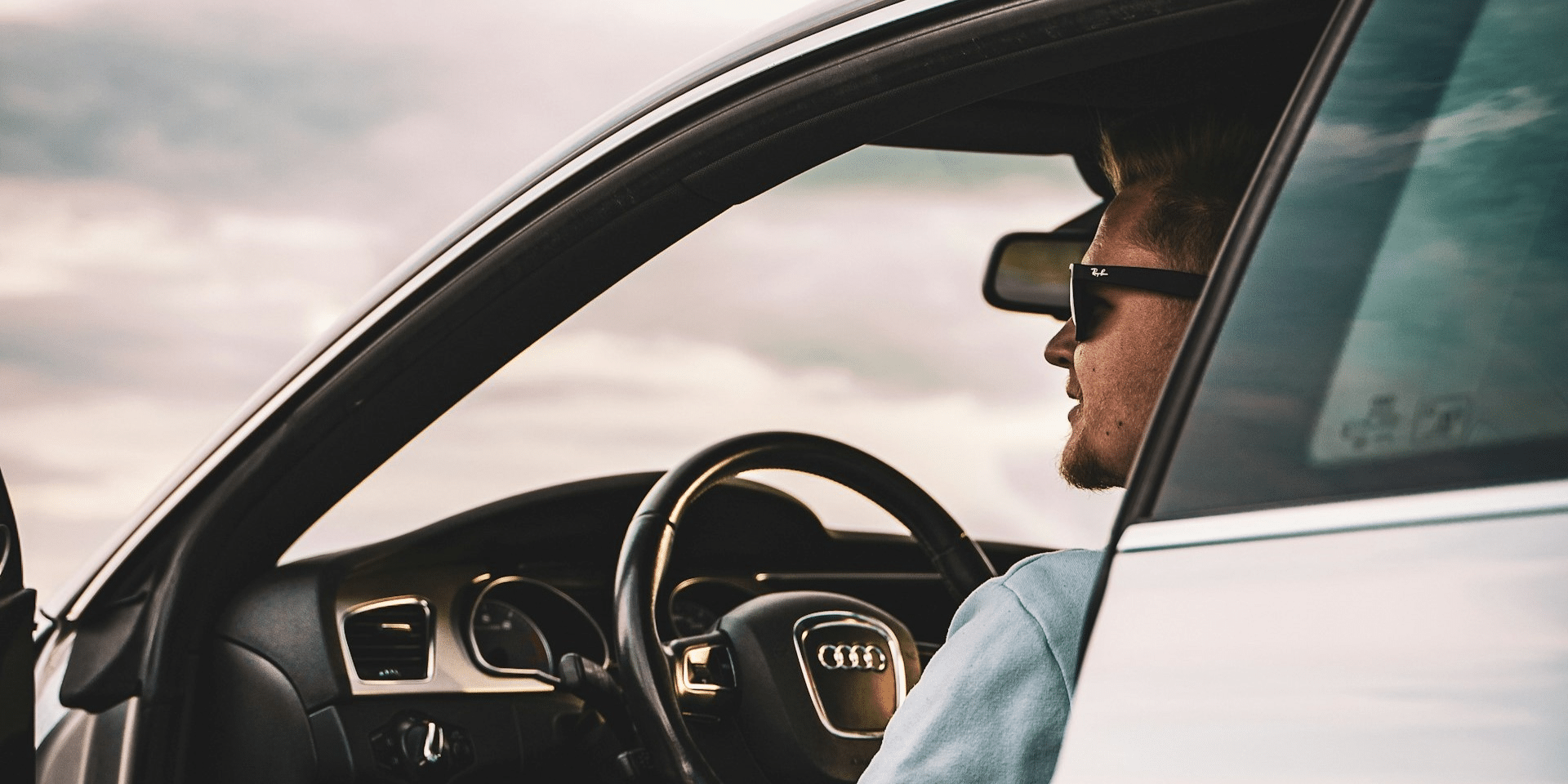Gas prices are astronomically high this summer. Still, after more than two years of lockdowns and social distancing, Americans are ready to hit the road this Fourth of July. According to a recent survey from The Vacationer, more than 55% of American adults plan to travel for the Fourth of July. Yet, for those embarking on their first road adventure after the COVID-19 pandemic, travelers are likely to encounter a very different highway experience than what they may remember pre-pandemic.
Perhaps gas prices are the most obvious example as they have not only dominated news headlines for months but are also promptly displayed across gas stations nationwide to remind us of the surging price for a gallon of gasoline. Other recent road trip changes include higher than expected lodging fees and sometimes inconsistent public health policies relating to COVID-19. It’s not unusual to visit one restaurant and find staff and patrons masked up and the establishment next door enforcing zero COVID-19 precautions. Needless to say, if you are planning to hit the road for the Fourth of July, be sure to pack a mask for yourself and all members of your family.
Another important factor worth keeping in mind when road traveling is that we are not the same drivers we were pre-pandemic. Call it lack of practice, but minor auto accidents and more serious car crashes are notably up. It’s a troubling trend that erodes some of the auto safety gains made before 2020. In fact, in 2019, the U.S. Department of Transportation’s National Highway Traffic Safety Administration recorded the lowest fatality rate in five years. Sadly, now in 2022, those numbers are on the rise. Recently, the National Highway Traffic Safety Administration reported the highest number of traffic fatalities in 16 years. Michael Orefice from the online insurance marketplace, SmartFinancial, attributes this trend to unpracticed driving, “After two years of lockdowns, drivers are a bit rusty, and there has been an uptick in accidents. Unfortunately, car crash deaths have surged since the pandemic began by 17 percent. If you’re planning a Fourth of July Road trip, your chances of getting into an accident are higher than they were a few years ago, so it’s best to make sure you’re not underinsured, especially now that labor and parts have inflated price tags.”
Other good pre-road trip considerations include making sure your vehicle is in good working condition and has been serviced recently, regularly checking tire wear, mapping the route for food and rest stops, and compensating for traffic and other unforeseen delays when creating an itinerary. It’s also helpful to not just plan for avoiding road emergencies, but also to plan for what to do if one does occur. An emergency road kit consisting of a blanket, flashlight, road flares, and an emergency supply of food and water is recommended, as is a portable power source for charging a cellphone. Furthermore, every year, thousands of drivers are disappointed to find out their roadside assistance plan has lapsed when needing and requesting assistance. A quick call to AAA, your insurance, or other roadside assistance programs can confirm that your program is active and will be accessible to you in the states or regions where you will be traveling.
Even before the pandemic, the 100 days between Memorial Day and Labor Day have long been considered the most dangerous time of year for road travel by road safety experts, due to the significant increase in auto accidents, especially among teen drivers. However, for the millions of Americans that have weathered recent years of travel restrictions and limited social interaction with family and friends due to COVID-19, this year’s Fourth of July, the road ahead is a return to tradition and a sense of freedom only a road trip can provide.





